6. Isle of Dogs (2018)
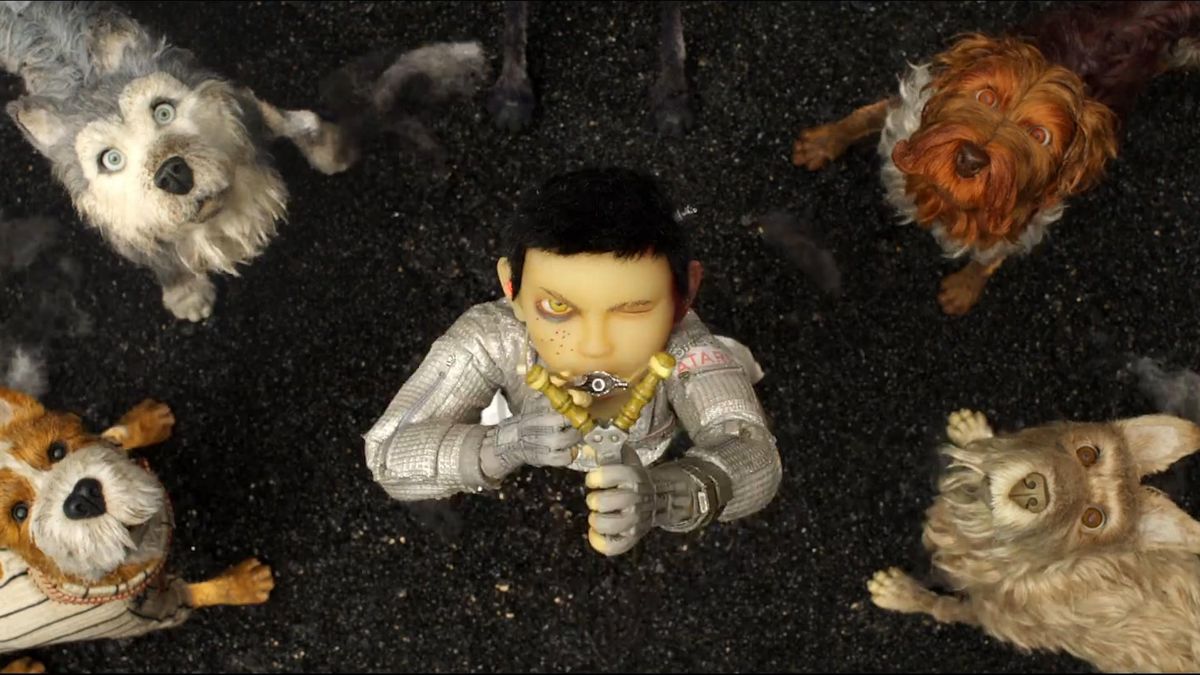
Any film that manages to nab four Academy Awards, five BAFTAs and a Golden Globe like “The Grand Budapest Hotel” is bound to be a tough act to follow. Wes Anderson’s second foray into animation doesn’t quite live up to it, but its uplifting story of canine loyalty is certified to resonate with both younger audiences and grown-ups.
Set 20 years from now in an alternate-future Japan where dogs have been banned due to a flu epidemic, the film centers around 12-year-old Atari, who comes up with a plan to retrieve his dog and a gang of quarantined mutts from Trash Island and stand up to his city’s corrupt mayor. The film has quietly become one of the most polarizing titles in Anderson’s catalog for its perceived appropriation of Japanese culture and thinly-veiled metaphor (which is as effective as it is blatant). Overall, in a medium like animation that has taught us in recent times that originality is seldom rewarded, “Isle of Dogs” is like a gift wrapped up with a bow. It’s far from perfect, sure, but deserves to be seen more as a companion piece than a footnote in Wes’ career.
5. Moonrise Kingdom (2012)
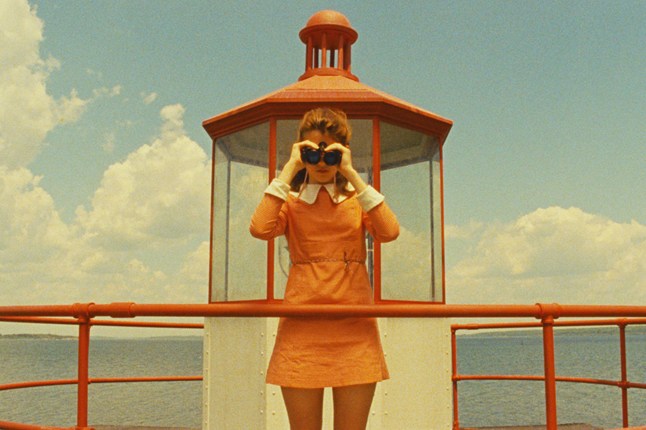
Perhaps the closest thing to an Anderson-penned Jean-Luc Godard pastiche we got until “The French Dispatch”, this whimsical 1960s-set tale of tween love follows the endeavors of two rebellious 12-year-old misfits—resourceful Khaki Scout Sam and his pen pal-slash-new girlfriend Suzy—as they run away from home together into the wilderness of a fictional coastal island in New England.
Their sudden disappearance makes of an otherwise uneventful summer in the island community chaotic mayhem, prompting every grown-up, from the foster parents to the local authorities to Edward Norton’s hilarious scout master, to join in on the search party. First and foremost a film about kids acting like adults and adults acting like kids, “Moonrise Kingdom” plays like something of a cross between anarchistic couple-on-the-run staples “Pierrot Le Fou” and “Badlands”, juvenile runaways like “Stand by Me” all filtered through a Wes Anderson-ian blender. Tender-hearted but never hokey, this is a film that creeps up on you and leaves a firm impression by the time the credits roll.
4. Rushmore (1998)
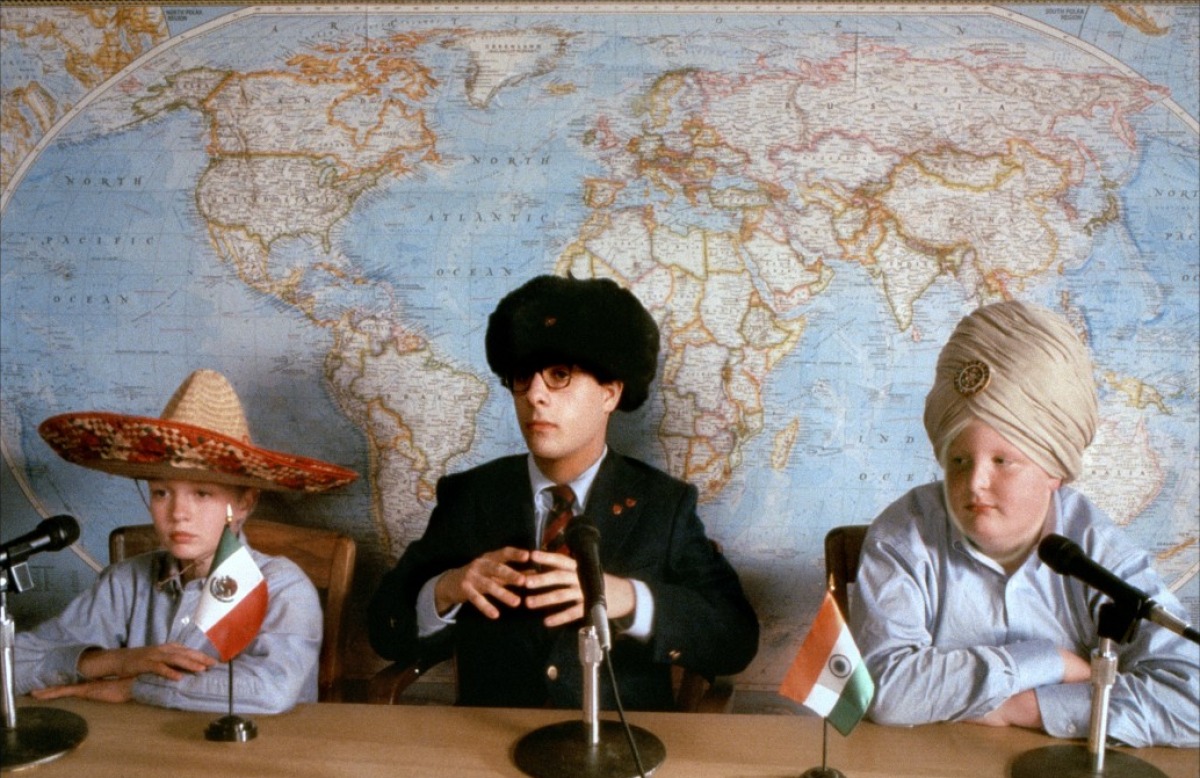
Played with great panache and subtle vulnerability by Jason Schwartzman in his first acting role, Max Fischer remains to this day the quintessential Wes Anderson character—an obnoxious, self-obsessed yet endlessly endearing 15-year-old high-school outcast who’s flunking all of his classes and soon finds himself embroiled in a bizarre love triangle after falling for a first-grade teacher at his Houston prep school.
Though mostly played as a source of comic relief, there’s an underlying sadness to Max Fischer’s misplaced and oft-delusional ambitions to grab her superior’s attention that gives the film something of an edge and allows it to touch on resonant ideas about adolescence and unrequited love. Bonus points go to Bill Murray, who proved keenly tuned to Wes Anderson’s unique wavelength in his first collaboration with the director, turning in a pitch-perfect performance as wealthy industrialist and Max’s on-again, off-again father figure Herman Bluman. Latin will never be the same.
3. The Grand Budapest Hotel (2014)
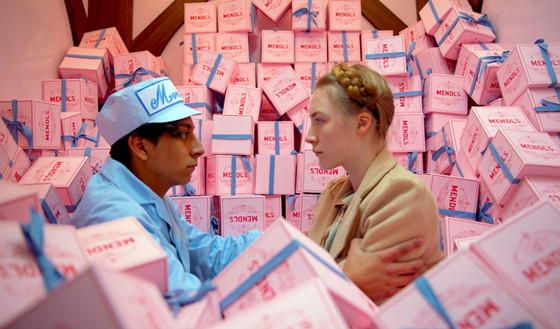
Some filmmakers set the bar so incredibly high that they have trouble reaching it again themselves. For any given director working today, a multiple Oscar nominee, pop-cultural juggernaut and later-period masterwork like “The Grand Budapest Hotel” would be the consensus pick to sit atop the heap in a ranking list such as this one. For Anderson, though, it barely managed to crack the podium.
A wistful, achingly melancholy and darkly comic meditation on the dangers of nostalgia that says as much about the negative consequences of remaining stuck in the past as it does about the value of holding onto it, the film stars Ralph Fiennes as the debonair hotel concierge M. Gustave, with Tony Revolori at his side as his loyal protégé. Like in many other of his movies, you can really see how Anderson loves his troupe of actors and has a gift for bringing out the best of them. A case for “The Grand Budapest Hotel” as the director’s best can certainly be made, but even if it isn’t, this will likely be the one film people remember him by the most.
2. Fantastic Mr. Fox (2009)
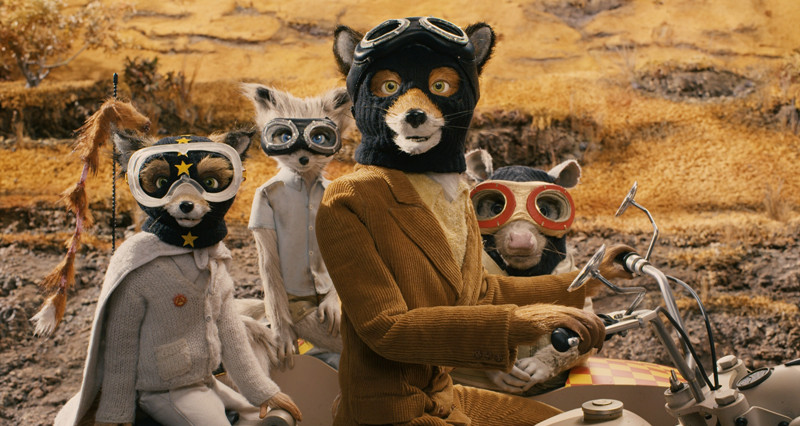
Whatever the time, whatever the season (but especially Thanksgiving), it’s never wrong to watch Wes Anderson’s rip-roaring adaptation of Roald Dahl’s beloved novel.
Clocking in at a tight 87 minutes, “Fantastic Mr. Fox” reels you in with the safety net of a children’s story and slowly opens into a surprisingly mature examination of familial duty that is as rewarding for adults as it is for children. Oh, and when it comes to George Clooney-led heist movies, we’ll confidently say this one wipes the floor with about the entire Ocean’s Eleven franchise. The perennial Hollywood A-lister oozes charm and wit voicing the titular sly fox, one of many flailing father figures found in Wes’ canon, who’s struggling to set aside his chicken-stealing habits and become an upright citizen. Everyone involved could’ve played it relatively safe and the film would’ve still been a success by virtue of staying faithful to its source material. Thankfully, in Anderson’s hands, it’s so much more than that: a breathtaking feat in stop-motion animation, a whip-smart screenplay, and an emotional rollercoaster that will warm even the coldest heart.
1. The Royal Tenenbaums (2001)
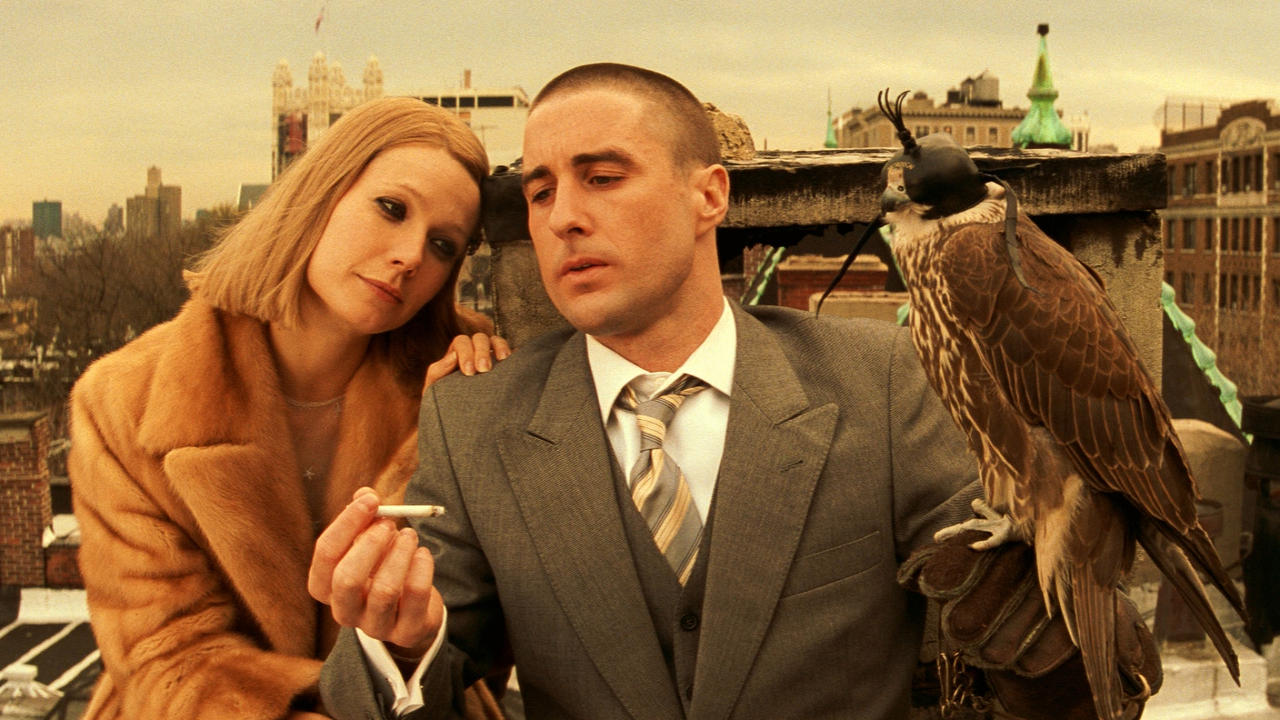
“I’ve had a rough year, Dad.”
No matter how many times you revisit “The Royal Tenenbaums”, every single time that particular line will hit you like a ton of bricks. To those not in the know: Wes Anderson blew through the 21st century on a creative high with an achingly human and probing New York-set drama that packs a punch at 110 minutes and strikes the perfect balance between style and substance. The story splits its focus on the Tenenbaum clan: an extended family of oddities, wounded geniuses, and dysfunctional grown-ups all of whom reunite under one roof for a winter at the express request of their absentee patriarch (Gene Hackman, in his last great role).
From a math prodigy (Ben Stiller), a former tennis champ (Luke Wilson) to a somber playwright (Gwyneth Paltrow), everyone in this line-up of damaged goods seems to be unpacking some unprocessed grief or deep-seated internal struggle. The key thing here is that every formal element—from the deadpan humor and the vibrant hues to the Rolling Stones needle drop and the cherry-red Adidas tracksuits—assists in telling the story and developing the characters’ arc.
By the time Margot Tenenbaum walks off a Green Line bus in slow-motion to the tunes of Nico’s “These Days”, the film already cements its place at the top of the Anderson canon, anything else is just gravy.